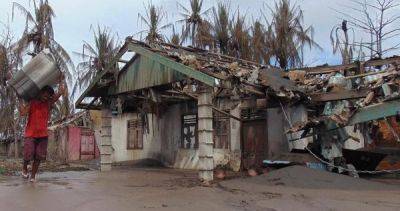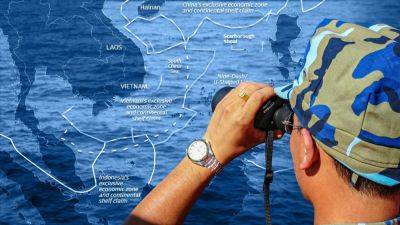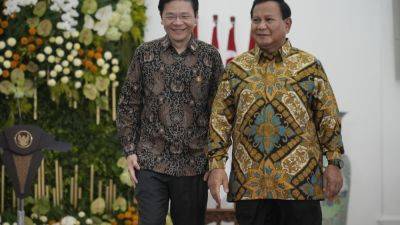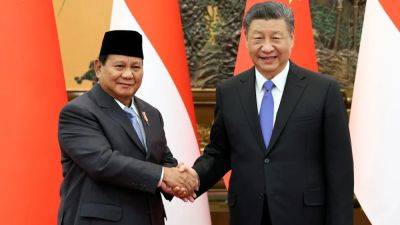Chinese-linked nickel miners in Indonesia accelerating deforestation, threatening indigenous Bajau people: report
“Nickel mining is dirty, that’s just how it is, but there are ways to do it more responsibly,” said Amanda Hurowitz, senior director of forest commodities at Mighty Earth, the Washington-based global environmental advocacy group that released the report.
“Indonesia has solved seemingly intractable problems like deforestation in the palm oil [industry], I really think Indonesia can also clean up its nickel supply chain, if it has the political will to do so,” Hurowitz said at the report’s launch on Tuesday.
The report estimated that nickel miners have cleared nearly 80,000 hectares of forest in Indonesia as of December, with another 500,000 hectares within the country’s nickel concessions at risk of deforestation.
Last year, nickel miners cleared 6,115 hectares of forest, double the area of forests cleared in 2022 and 2021, indicating that “nickel related deforestation may be accelerating compared to previous years”, the report said, citing data from the watchdog group Radar for Detecting Deforestation.
Mighty Earth urged Indonesia’s incoming president, Prabowo Subianto, to clean up the country’s electric vehicle (EV) supply chain by adopting a set of international standards and enforcing existing forestry laws to its mining partners, including Chinese firms. EV manufacturers should also audit their full supply chains “all the way back to the mines where the nickel in their EV batteries originates”, the group said.
“The first thing to remember is, while China may not be an environment leader, it also doesn’t want to be an environmental laggard. We just have to look at China as a complicated partner, but one that is interested in what the international community thinks,” Hurowitz said during the webinar.
Robert Blake, former US







